Monitor or TV? Our expert explains which is your best buy when it comes to gaming
Should you game on a TV, or at your desk?
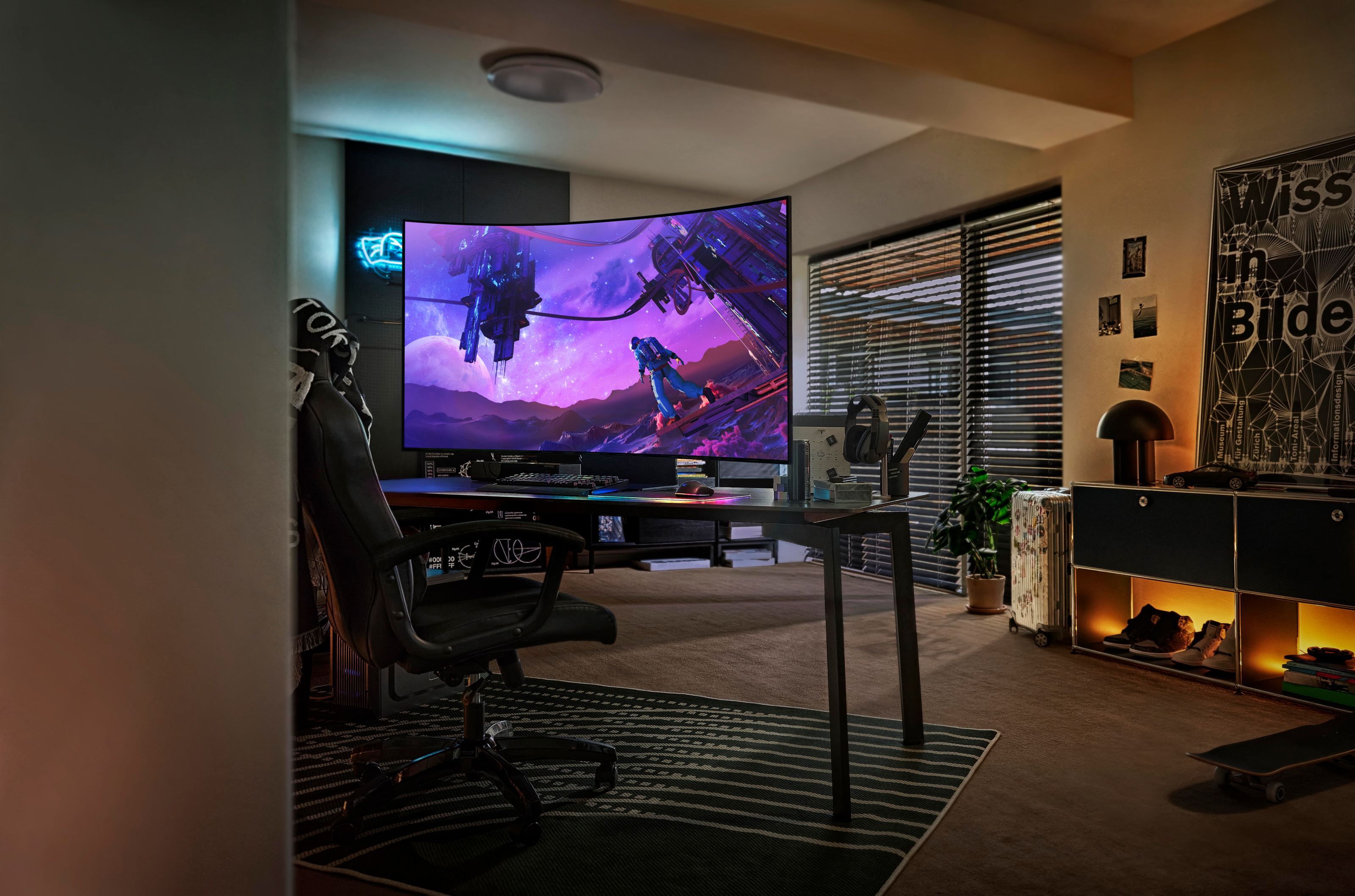

If you’re a gamer, there’s one big question you need to ask: monitor vs TV? With televisions getting larger and cheaper, it may seem like the gaming monitor’s time is numbered, especially with modern consoles getting closer to PCs in terms of power and streaming tech getting better all the time.
But it’s not quite that simple. There are compelling cases for both sides, and if you're in the market for improving your gaming experience, there's food for thought. For some the best 85 inch TV is going to be perfect, while for others, a monitor gaming set-up will be ideal.
Here are the arguments for each side in the ongoing battle between monitors and TVs for gaming.
Monitor vs TV for gamers - our expert's buying tips
It may sound obvious, but it's worth stating that screens — whether TVs or monitors — aren't created equal. As well as the size and type of panel involved, there are some key specs to keep track of that are of real importance to gamers.
The first is resolution. TVs tend to be either 1080p, 4K or 8K with a 16:9 aspect ratio, while monitors come in all kinds of shapes and sizes — including QHD (or 2K), and ultrawide designs with a wide and thin 21:9 aspect ratio. If your game doesn't support the strange size and resolution of your monitor, it could offer a bad playing experience with thick black bars or an otherwise distorted image.
Then there are other things to consider. The first is refresh rate, or how many times the image can update per second. This matches the maximum frames per second (fps) a game can put out, because even if your PC is running Fortnite at 200fps, a 60Hz monitor can't show more than 60 images every second.
There's also input lag to contend with. That's how long it takes for the action you take (moving a gamepad stick, or clicking a mouse) to happen on screen. This tends to be uncomfortably bad on cheaper TVs where shows and movies are given priority, so look it up before you buy. It's measured in milliseconds (ms), and gaming monitors tend to have less than 5ms. If looking at TVs, keep an eye out for models supporting HDMI 2.1, which practically levels the playing field.
When would you pick a monitor for gaming?
The first reason is a practical one, if you’re playing at a desk. Monitors tend to be far more flexible and adaptable, while TVs just have a stand. They’re also generally cheaper, though admittedly that correlates with the fact that they’re usually smaller: built for desks, not living rooms.
But monitors — especially those made with gamers in mind — tend to have the specs that really make a difference to gamers, namely ultra-low response times and high refresh rates. In terms of the former, they have far less image processing than TVs, often bringing them down to the sub-2ms mark for quick, responsive gameplay. And as for the latter, even budget gaming monitors tend to hit at least 144Hz, while expensive models can go all the way up to 360Hz (with 500Hz models on the way.)
If you’re into PC gaming, this makes them the obvious choice as you can get a monitor to suit your setup. If you have a top-of-the-range gaming rig, you can splurge on a 4K gaming monitor with a high refresh rate. If you know your setup is nowhere near good enough to power games at that resolution, you can opt for a nippy 1080p model and still have a great experience.
Why stick with a TV?
All of that should make monitors significantly better than TVs for gaming, but there's definitely a case for sticking to TV if your gaming is done via PlayStation, Xbox or Switch. In short, game consoles are designed with TV in mind, so usually don't take advantage of the higher refresh rates available on gaming monitors.
So yes, it’s true that most TVs are still 60Hz while gaming monitors go all the way up to 360Hz (though, to be entirely fair, 4K monitors tend to max out at 155Hz). But given almost all console games are designed to hit a maximum of 60fps (with plenty failing to reach even that), then things won't look any smoother on your fancy gaming monitor.
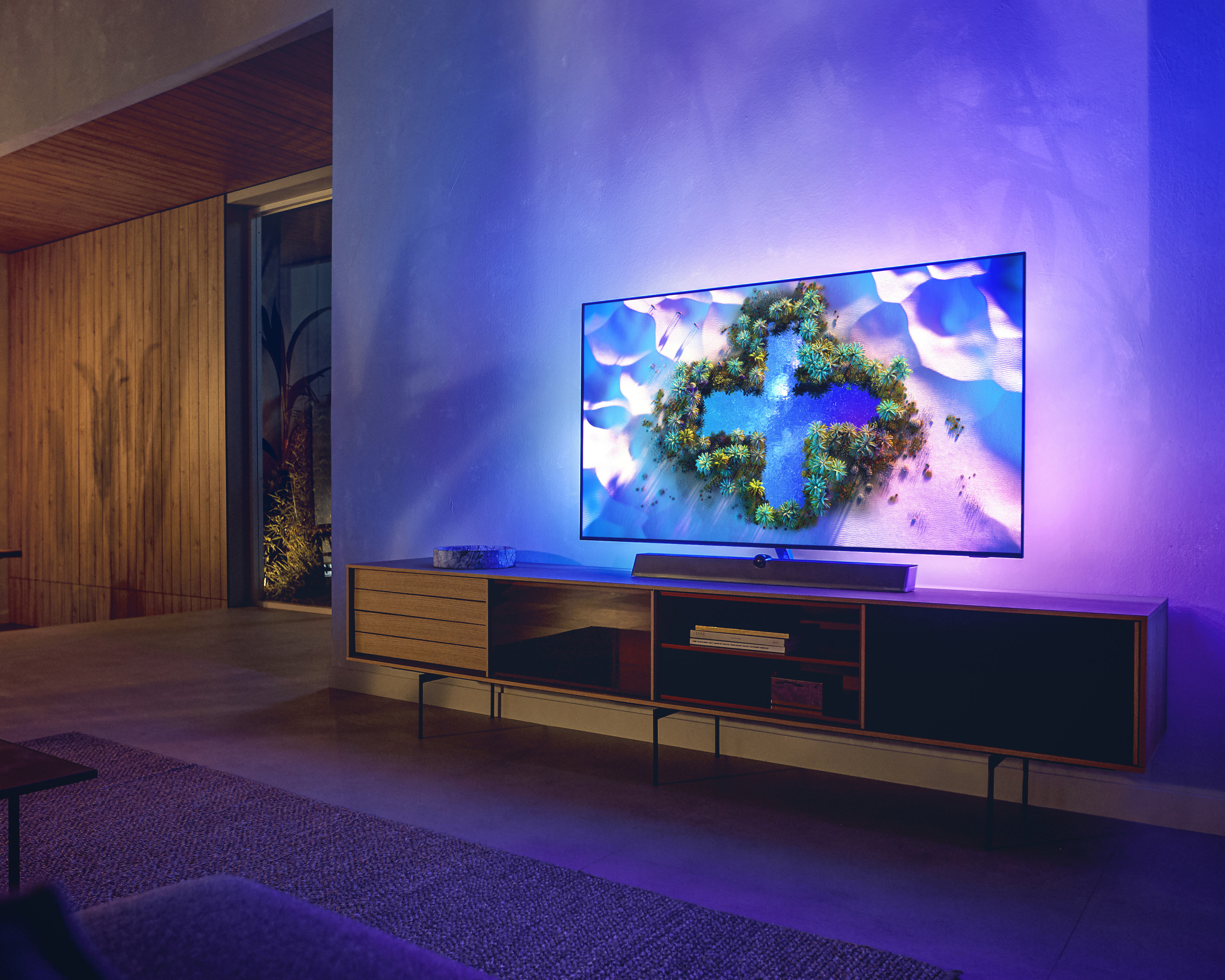
While some Xbox Series X and PlayStation 5 games can reach up to 120fps when connected to a TV with HDMI 2.1, these are few and far between, and in any case 120Hz TVs exist if you have the budget.
And on that note, the price of large TVs has dropped dramatically in the last decade and if you want pure size, there’s no contest. Gaming monitors tend to be desk-sized, which means maxing out at around 34 inches, while sizes now start at 40 inch TVs and keep going, all the way up to 88 inches or higher if you have the space.
Larger gaming monitors, like Samsung’s 55-inch Odyssey Ark — do exist, but the premium you pay makes them looks like poor value compared to TVs. $3,499 for the 55-inch Ark or $1,600 for the 65-inch LG C2 from BestBuy?
There are good reasons for this kind of pricing discrepancy, as outlined previously, but TVs have another advantage at the high end, too: display tech. OLED and Mini LED technology — which offer significantly better contrast and HDR — are rare in monitors, but relatively common in high-end TVs.
Monitor vs TV - Which is best for gaming?
As you’ve probably gathered, the answer ultimately depends on your circumstances. If playing in the comfort of your living room is for you, then a monitor is unlikely to give you the screen real estate you need.
And if you’re a console gamer, then you may find that some of the extra benefits of gaming monitors — high refresh rates and flexible resolutions — are lost on you due to hardware limitations.
But gaming monitors generally offer the best raw performance, especially if you’re on a PC and can really benefit from the higher frame rate cap. Even if you can’t, the responsiveness of a good gaming monitor is hard to beat — and can make the difference between winning or losing in tight multiplayer affairs.
Be The First To Know
The Livingetc newsletters are your inside source for what’s shaping interiors now - and what’s next. Discover trend forecasts, smart style ideas, and curated shopping inspiration that brings design to life. Subscribe today and stay ahead of the curve.

Freelance contributor Alan has been writing about tech for over a decade, covering phones, drones and everything in between. Previously Deputy Editor of tech site Alphr, his words are found all over the web and in the occasional magazine too. He often writes for T3 and Tom's Guide. When not weighing up the pros and cons of the latest smartwatch, you'll probably find him tackling his ever-growing games backlog. Or, more likely, playing Spelunky for the millionth time.
-
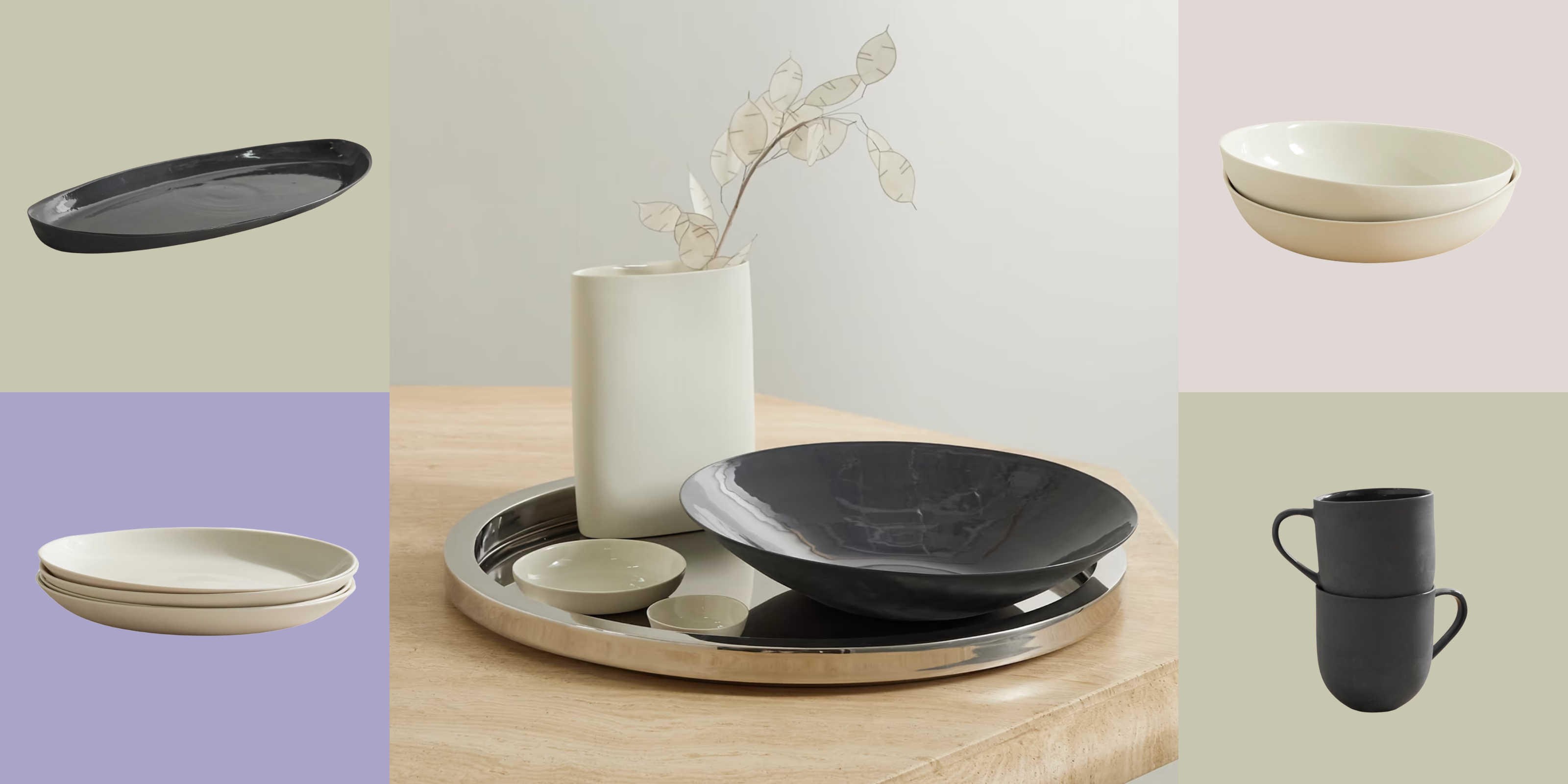 Turns Out, Sustainable Design Can Be Chic, and Net-a-Porter's 'Net Sustain' Curation Is Proof — Here's What I'm Shopping
Turns Out, Sustainable Design Can Be Chic, and Net-a-Porter's 'Net Sustain' Curation Is Proof — Here's What I'm ShoppingFrom the Net Sustain collection, Mud Australia's homeware is not only design-oriented, but eco-focused, too
By Devin Toolen
-
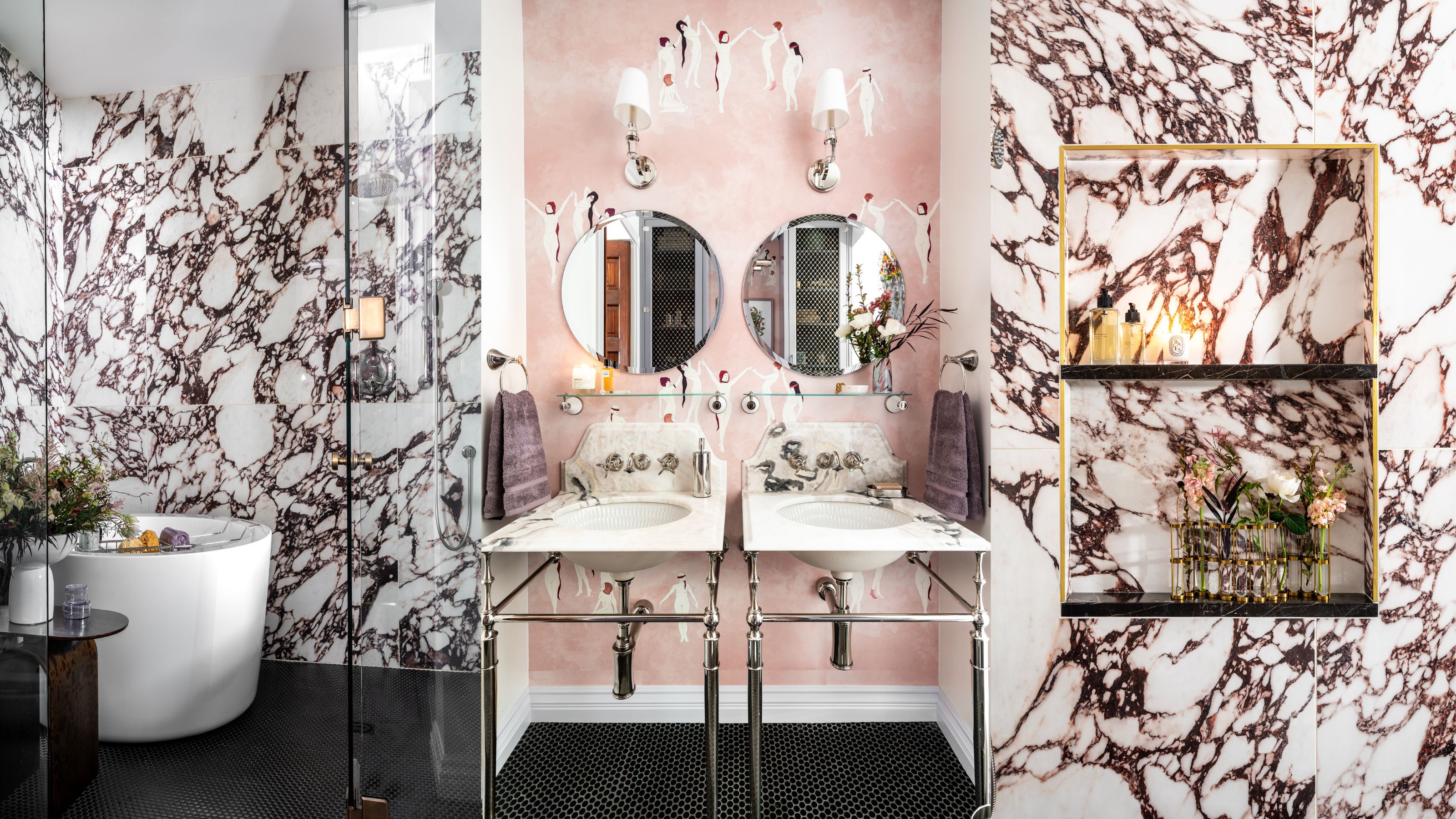 Before and After — How This Jewel-Box Bathroom Made the Most of Its Proportions With Maximalist Design and a 'Soaking Tub'
Before and After — How This Jewel-Box Bathroom Made the Most of Its Proportions With Maximalist Design and a 'Soaking Tub'This design offers a masterclass on creating a luxurious bathroom that is equally playful and elegant.
By Maya Glantz
-
 Reviewers Say These Hummingbird Camera Feeders Are the Best Ones Right Now — And They're All on Sale
Reviewers Say These Hummingbird Camera Feeders Are the Best Ones Right Now — And They're All on SaleI've spent ages reading all the reviews for smart hummingbird feeders so you don't have to... Here are the top-rated options
By Hugh Metcalf
-
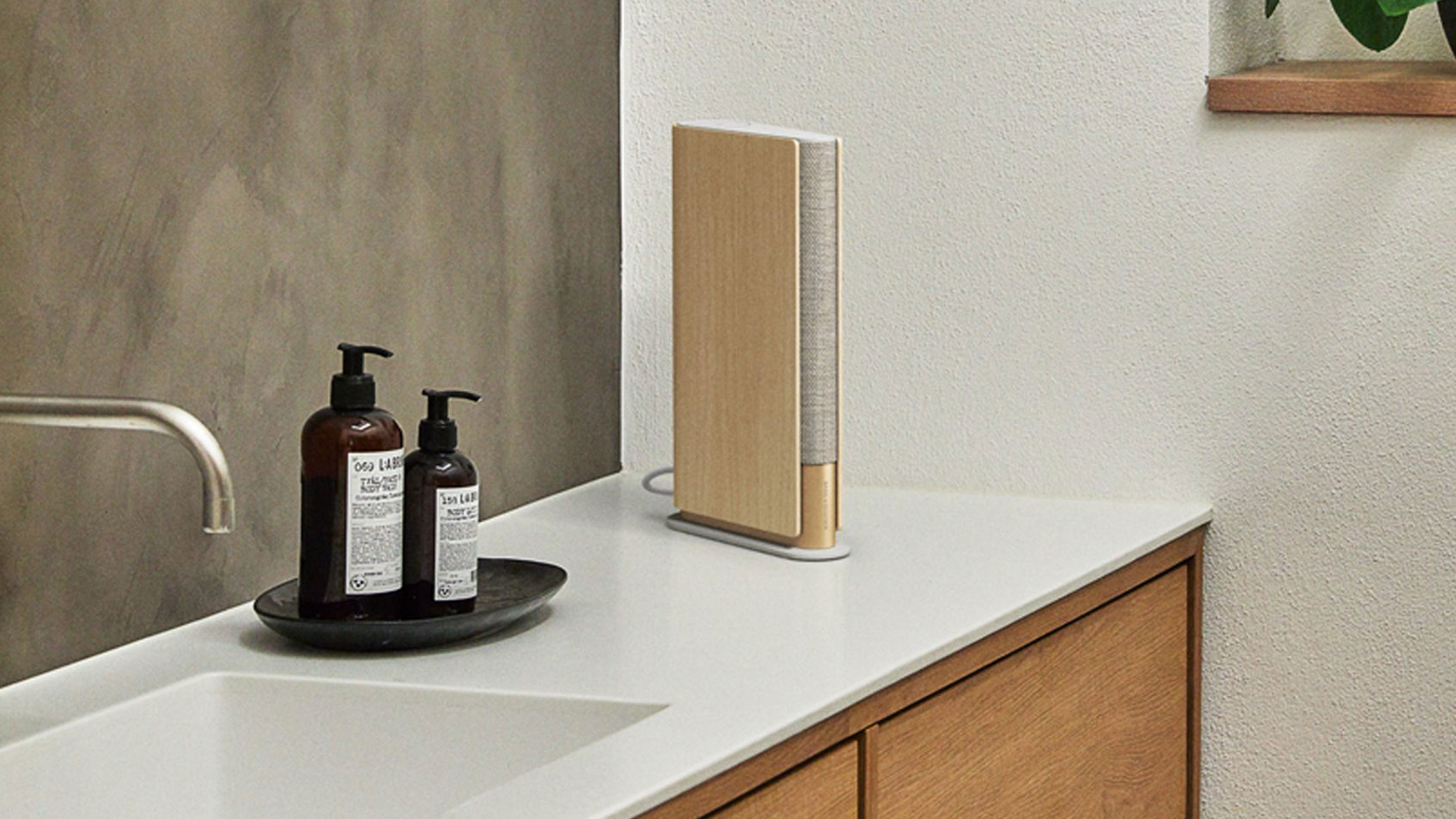 This Interior Stylist Has Picked the Most Aesthetic Home Tech Products of the Moment — 'No More Tech Eyesores!'
This Interior Stylist Has Picked the Most Aesthetic Home Tech Products of the Moment — 'No More Tech Eyesores!'If you think making your home smarter means filling it with ugly gadgets, think again. There's a growing number of pleasingly aesthetic choices out there, says this stylist
By Luke Arthur Wells
-
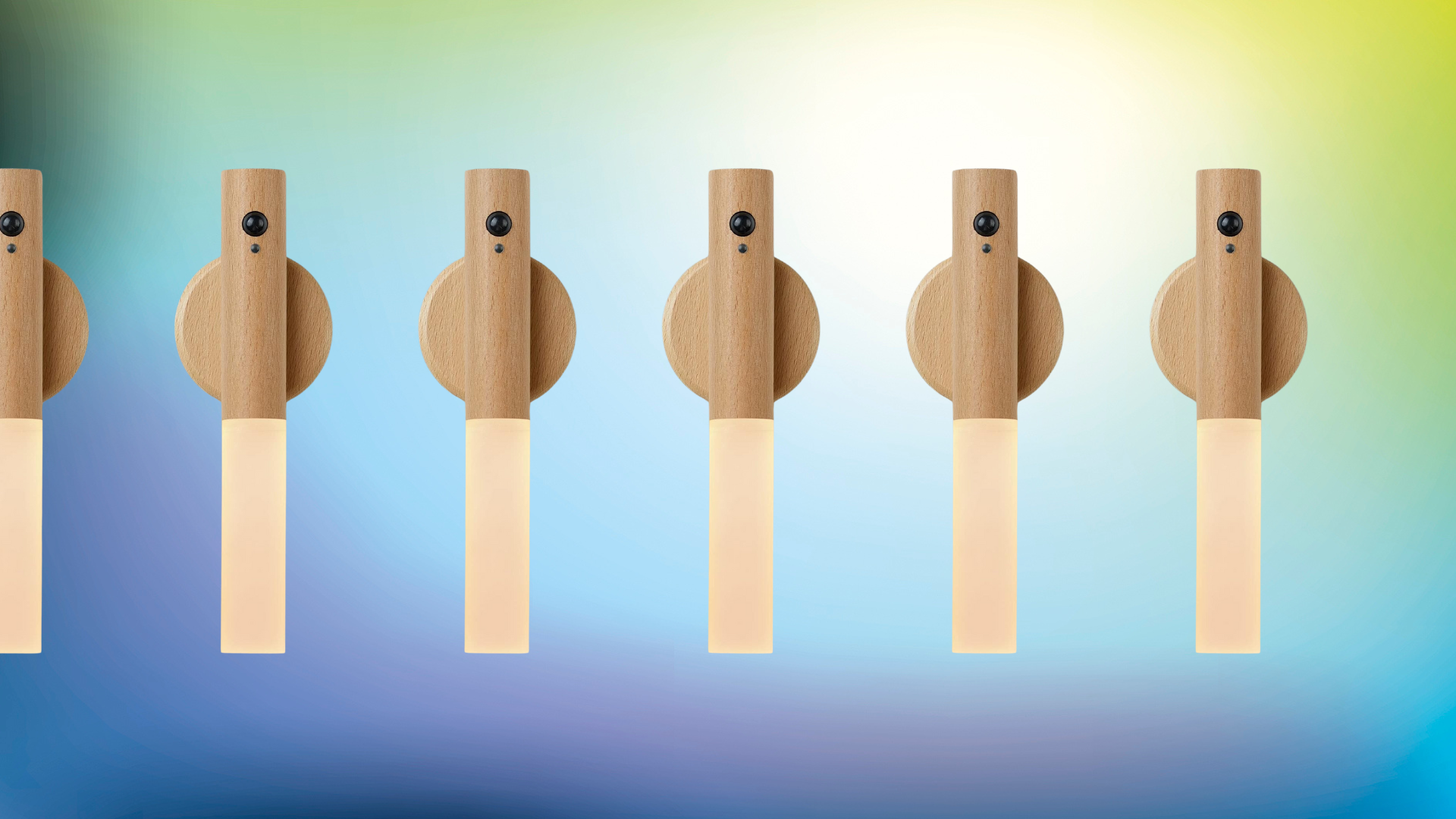 These Viral $40 Lights Make Your Home Easier to Live In — And They're Pretty Chic, Too
These Viral $40 Lights Make Your Home Easier to Live In — And They're Pretty Chic, TooThese Scandi-inspired wall sconces are the lighting solution you didn't know you needed. I'm so taken by them!
By Brigid Kennedy
-
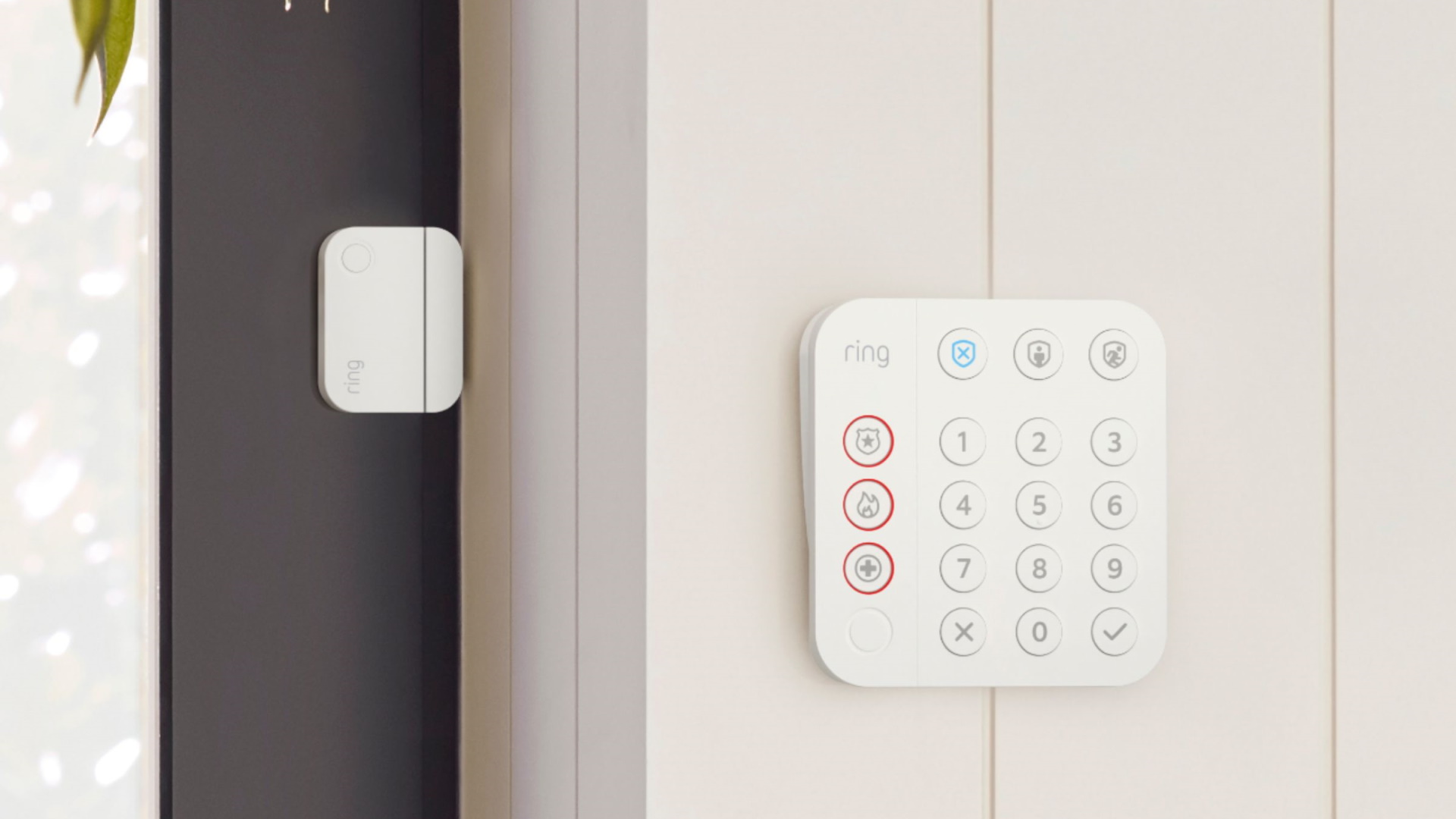 Ring Alarm System (2nd Gen) review: the brand's made-over kit is still a winner
Ring Alarm System (2nd Gen) review: the brand's made-over kit is still a winnerWe tested the Ring Alarm System 5-Piece Kit to see if it could make home security simpler for the average user, and how it may have improved on the first gen system.
By Caroline Preece
-
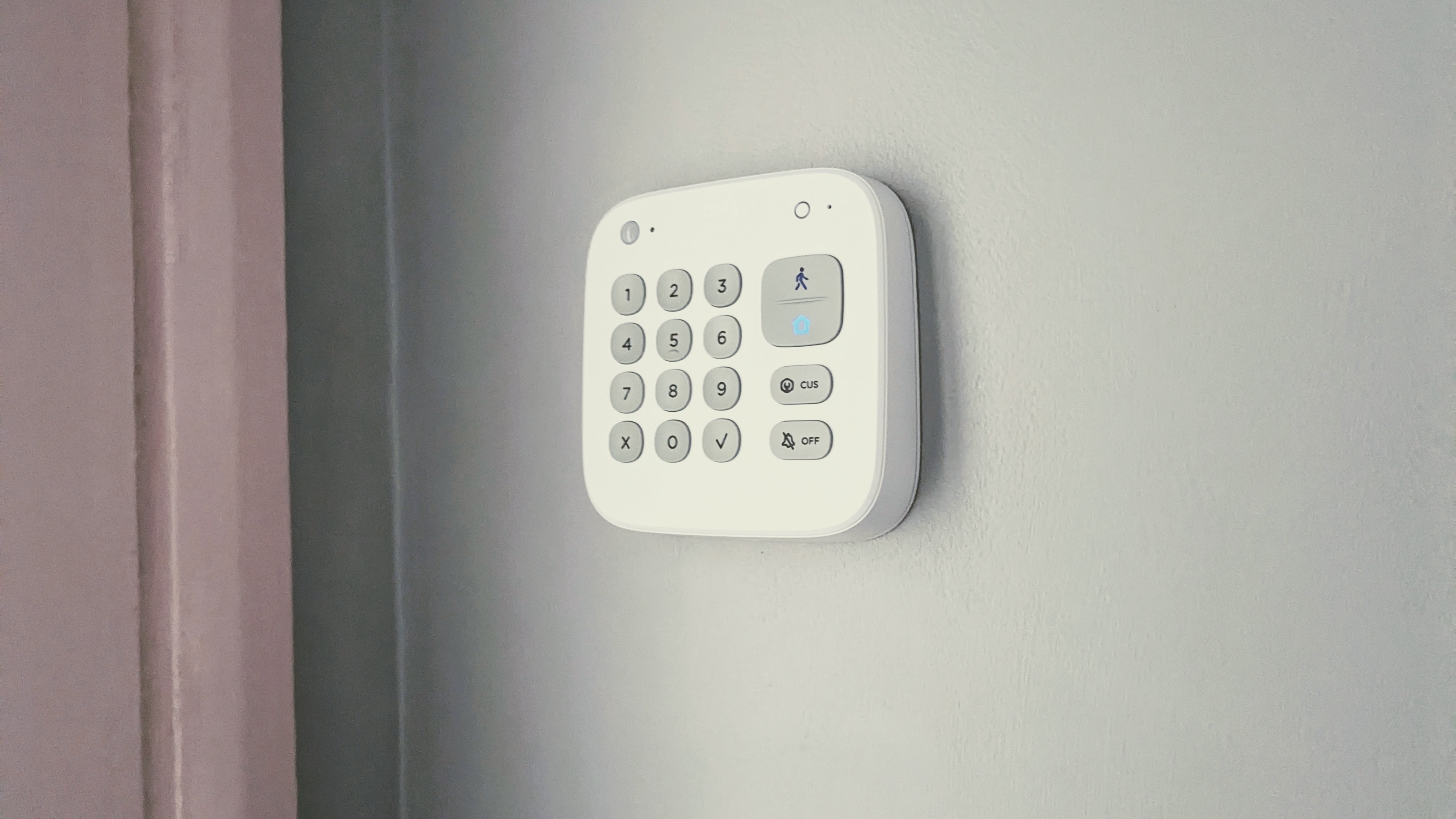 eufy Home Alarm Kit review: a simple but effective way to keep your home safe
eufy Home Alarm Kit review: a simple but effective way to keep your home safeThe eufy Home Alarm Kit has all of the basics on paper, but we wanted to test it out on our own home to see how easy it is to set up and use.
By Caroline Preece
-
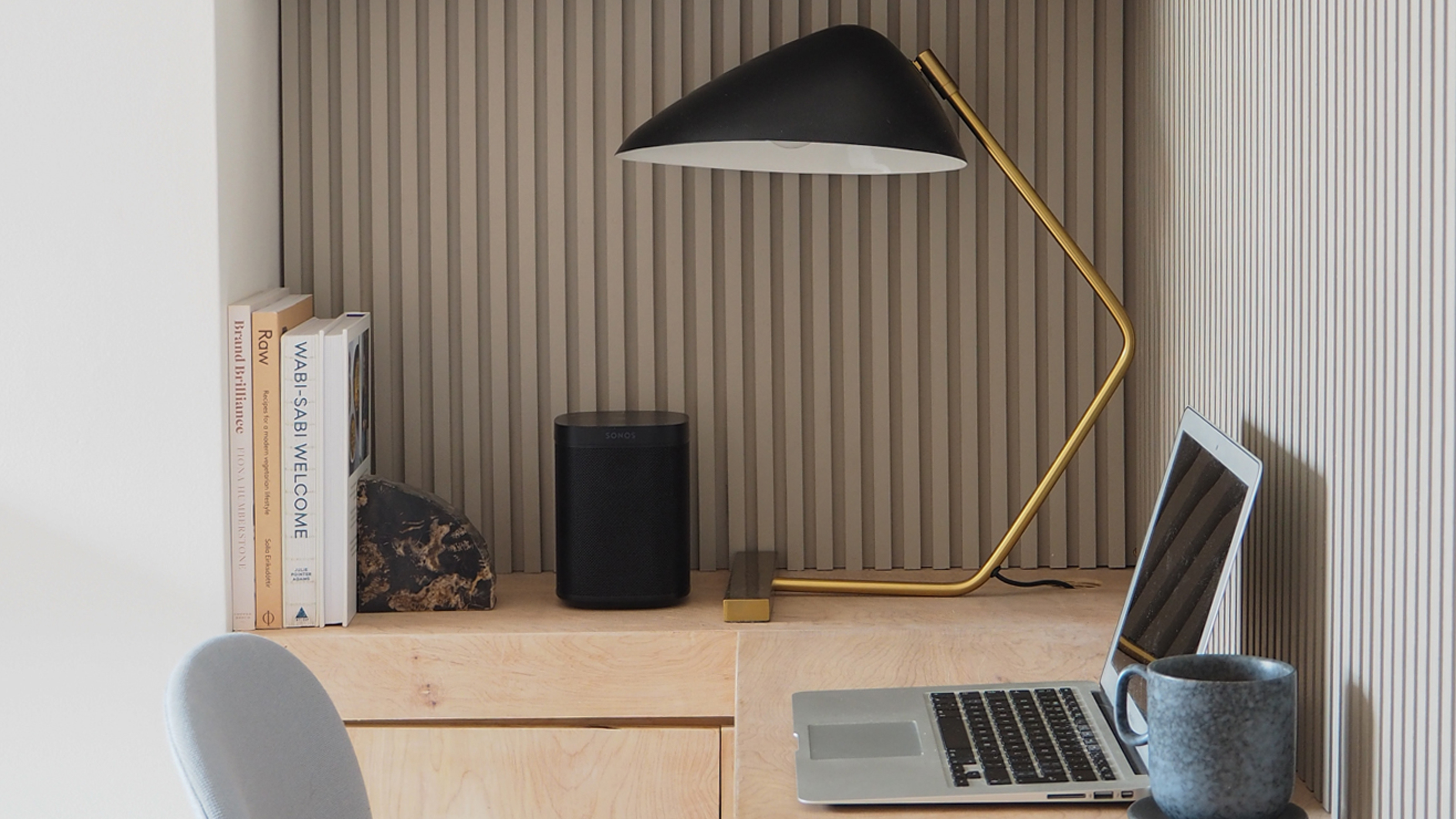 HomePod mini vs Sonos One: two high-end smart home hubs, but which is the better speaker?
HomePod mini vs Sonos One: two high-end smart home hubs, but which is the better speaker?We take a look at the HomePod mini and Sonos One, both of which sit at the higher end of the smart speaker market.
By Caroline Preece
-
 AirTags vs Tile: which Bluetooth tracker is best to help a case of constantly misplaced keys?
AirTags vs Tile: which Bluetooth tracker is best to help a case of constantly misplaced keys?If you're tired of losing your items, either around the house or outside, then Bluetooth trackers are a lifesaver - but which is best?
By Caroline Preece
-
 Sony WF-C500 vs Airpods: are the budget earbuds a worthy competitor to Apple?
Sony WF-C500 vs Airpods: are the budget earbuds a worthy competitor to Apple?Sony's affordable earbuds get the thumbs up from us, but how do their compare with Apple's AirPods?
By Caroline Preece